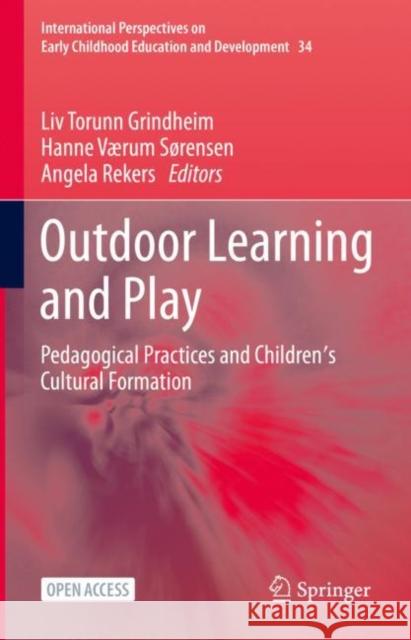Outdoor Learning and Play: Pedagogical Practices and Children's Cultural Formation » książka
topmenu
Outdoor Learning and Play: Pedagogical Practices and Children's Cultural Formation
ISBN-13: 9783030725945 / Angielski / Twarda / 2021 / 201 str.
Outdoor Learning and Play: Pedagogical Practices and Children's Cultural Formation
ISBN-13: 9783030725945 / Angielski / Twarda / 2021 / 201 str.
cena 201,24
(netto: 191,66 VAT: 5%)
Najniższa cena z 30 dni: 192,74
(netto: 191,66 VAT: 5%)
Najniższa cena z 30 dni: 192,74
Termin realizacji zamówienia:
ok. 22 dni roboczych.
ok. 22 dni roboczych.
Darmowa dostawa!
Kategorie:
Kategorie BISAC:
Wydawca:
Springer
Seria wydawnicza:
Język:
Angielski
ISBN-13:
9783030725945
Rok wydania:
2021
Wydanie:
2021
Numer serii:
000370575
Ilość stron:
201
Waga:
0.50 kg
Wymiary:
23.88 x 19.56 x 1.52
Oprawa:
Twarda
Wolumenów:
01











